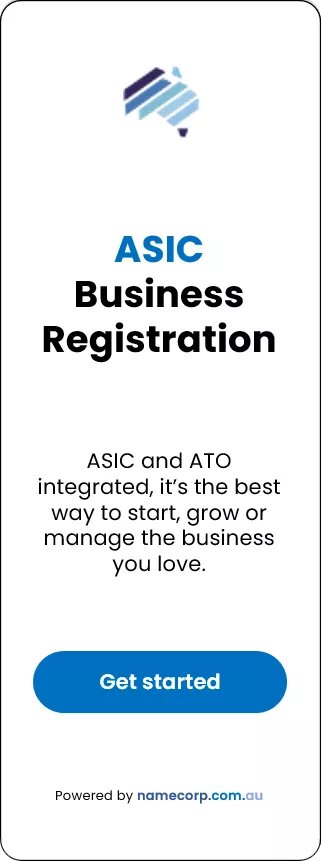Contracts can vary, from written agreements to oral promises or even informal arrangements sealed with a handshake. Having a grasp of written, verbal, and standard form contracts and period contracts plays a vital role in ensuring seamless and secure business transactions.
Furthermore, it is crucial to comprehend the specific factors to contemplate before reaching a final agreement.
Arrangements can be as simple as a verbal pledge to perform a task, with the sole written component being a quotation on a scrap of paper.
Any service agreement, regardless of its nature, constitutes a contract. The mutual promise of completing a job in exchange for payment can be legally enforceable.
Written Contracts
Written contracts afford greater security for all parties when compared with verbal agreements by detailing the specifics of the agreed terms. A contract can include the following aspects:
- Required materials
- Timeframes
- Payment Protocols
- An established procedure for dispute resolution
Having an agreement documented in writing is far more secure than relying on verbal commitment alone. A written agreement provides clarity, minimises business risks, and ensures no ambiguity about the contract terms.
Advantages of a Written Contract
A written contract presents several benefits, such as:
- Documenting the agreement between parties
- Preventing misunderstandings by clearly outlining the agreement.
- Providing security, work details, duration, and agreed payment.
- Specify a 'services contract' to clarify the individual's status as a contractor, not an employee.
- To reduce disputes, clearly define expenses, timeframe, and scope of work.
- Resolving payment or service disputes
- Stating how the contract can be varied
- Serving as a record of the established agreement
- Specifying how either party can terminate the agreement before job completion
Risks of Verbal Contracts
An undocumented contract can pose various risks, such as:
- Misunderstandings about an essential part of the agreement
- Disputes over agreed terms reliant on memory
- Challenges in enforcing the contract due to lack of evidence
It's wise to seek guidance before signing any contract. Industry associations, lawyers, or business advisors offer valuable insights.
Situations Where a Written Contract is Essential
While it's always beneficial to have written agreements, certain conditions necessitate them even further:
- Large contractual agreements where non-payment could have significant repercussions for the business
- Where there are particular quality requirements, specifications, or specific materials to be employed
- Situations where the hirer's financial credibility is in doubt
- Determine if specific types of insurance are a requirement for the type of work
- When the contract contains critical terms, for example, the work completion date for payment release,
- Instances requiring confidentiality of certain information
- Mandated by the insurance company for professional liability reasons
- Legal obligations for written contracts in certain areas (such as building work in Queensland)
Verbal Contracts
Verbal contracts are standard but can lead to complications in disputes. A handshake agreement can still be legitimate and may hold a place in court. However, the lack of written evidence can create uncertainty over each party's rights and obligations.
Partly Verbal, Partly Written Contracts
Some contracts may be partially verbal and partially written, with supporting documents like quotes or specifications lists forming part of the agreement. You should document the main agreed points with the other party to avoid dependence on memory and keep any relevant paperwork.
These could be used for future discussions or even as evidence in court if required. The most critical aspect is that both parties unequivocally understand the work details, deadline, and payment. Supporting documents for verbal contracts can include:
- Emails
- Detailed quotes
- Specifications and material lists
- Concise notes outlining the agreement
Standard Form Contracts
Standard form contracts are pre-prepared, with most clauses set in advance and minor negotiations between parties.
They often have many terms and conditions and may be biased in favour of the party preparing them. You should seek advice if you need clarification on any aspects of the contract. Here are a few tips for standard form contracts:
- Before signing the contract, ensure to review and understand the agreement thoroughly
- Eliminate any blank spaces to prevent post-signature modifications
- Negotiate before signing, confirming acceptance of changes by both parties
- Retain an original or exact copy of the agreement for future reference
- Seek professional advice as required
Period Contracts
Period Contracts, or 'period trade contracts' as known in the construction sector, are contractual agreements where the contractor is engaged sporadically. The terms and conditions of the contract template apply each time work is offered and accepted.
Period contracts provide flexibility to periodical work performed in an agreed timeframe. However, the agreement terms for each new job should be reviewed thoroughly by each party. Any difference for a specific job could alter the original template's terms. Always seek advice if you need clarification on a period contract. Even if you have previously worked for the hirer, understand the terms before agreeing to new work.



